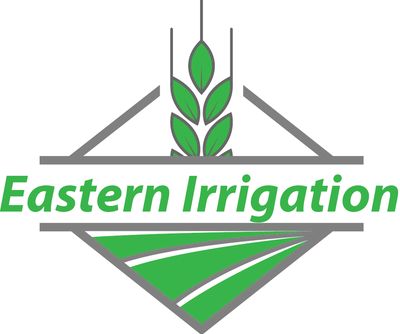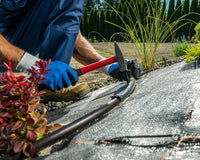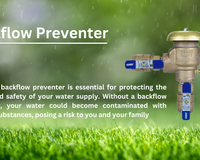Winter is a season that brings its own set of challenges for homeowners, especially when it comes to lawn care and maintenance. While those living in colder climates may have already winterized their automatic sprinkler systems, residents in milder regions may still use theirs. This article aims to guide you in managing your automated sprinkler system during the winter months.

Watering Needs in Winter
It's a common misconception that lawns don't need water during the winter. While it's true that grass generally requires less water in colder months, it's crucial to continue watering deeply. Deep watering encourages the roots to grow deeper into the soil, providing better resistance against drought and other environmental stressors.
Temperature Fluctuations and Freezing Risks
Winter temperatures can vary significantly, even within a single day. Freezing temperatures are not uncommon and can wreak havoc on your sprinkler system. Frozen water in the lines can cause pipes to burst, leading to costly repairs. Therefore, it's essential to regularly inspect your sprinkler lines and heads to ensure they are in good working condition.
Smart Sprinkler Strategy—Adjust or Winterize
Adjust your watering schedule if you're in a temperate climate where the sprinkler system remains in use during winter. Lawns require less water during colder months but still benefit from deep watering to encourage root growth. Consider completely winterizing your sprinkler system in colder climates to prevent freeze-related damage.
Planning for Upgrades and Changes
Winter is an excellent time to assess the performance of your current irrigation system and plan for any upgrades or changes. Whether considering a complete overhaul or adding more sprinkler heads, winter provides the downtime needed to make these decisions without disrupting your lawn care routine. New technologies like intelligent controllers, soil moisture sensors, and weather-based irrigation systems can make your system more efficient and easier to manage.

Regular Checks—Be Proactive, Not Reactive
Frequent inspection of your lawn and its components—like sprinkler heads, garden beds, and even the fence—can preempt many problems. Minor issues can quickly escalate in freezing conditions, so preventative maintenance can save a lot of hassle and money in the long run.
Winter may not seem like an active season for lawn care, but it's an important time for maintaining and planning your automatic sprinkler system. By taking a few preventative steps and considering future upgrades, you can ensure your lawn remains healthy and vibrant throughout the year.





